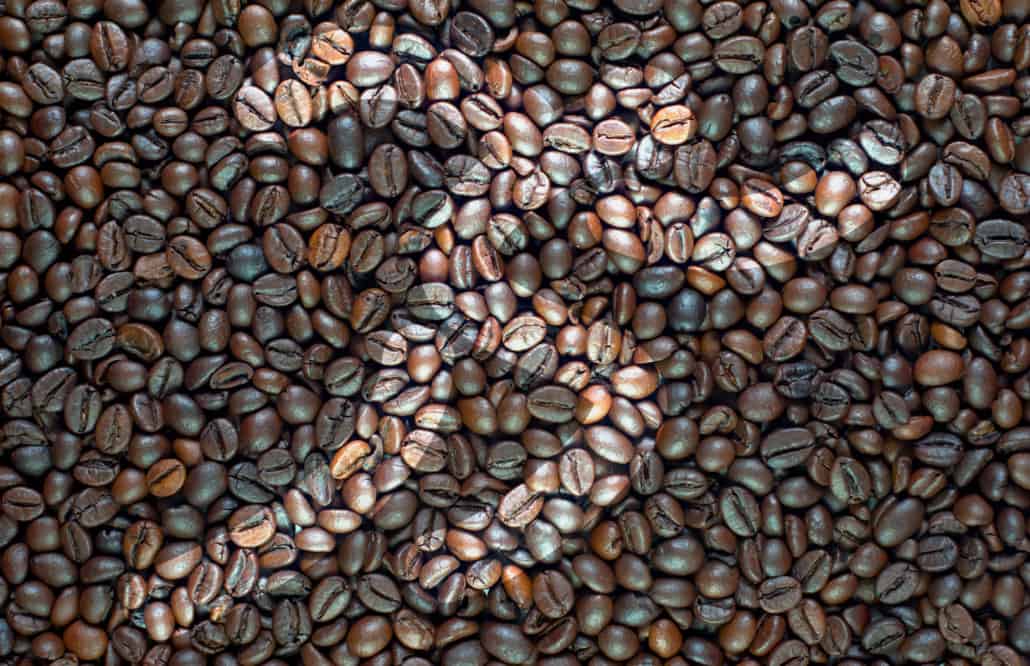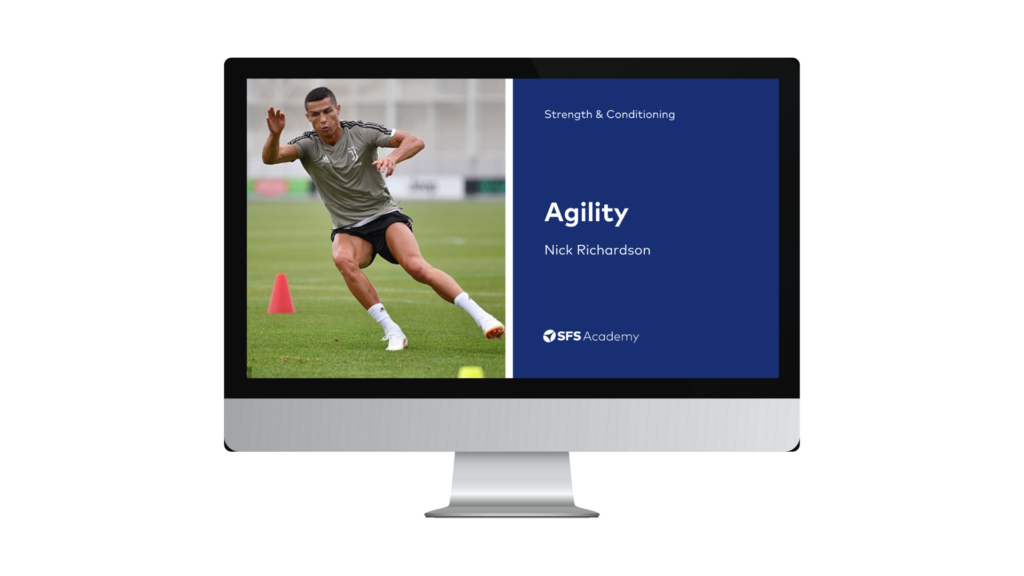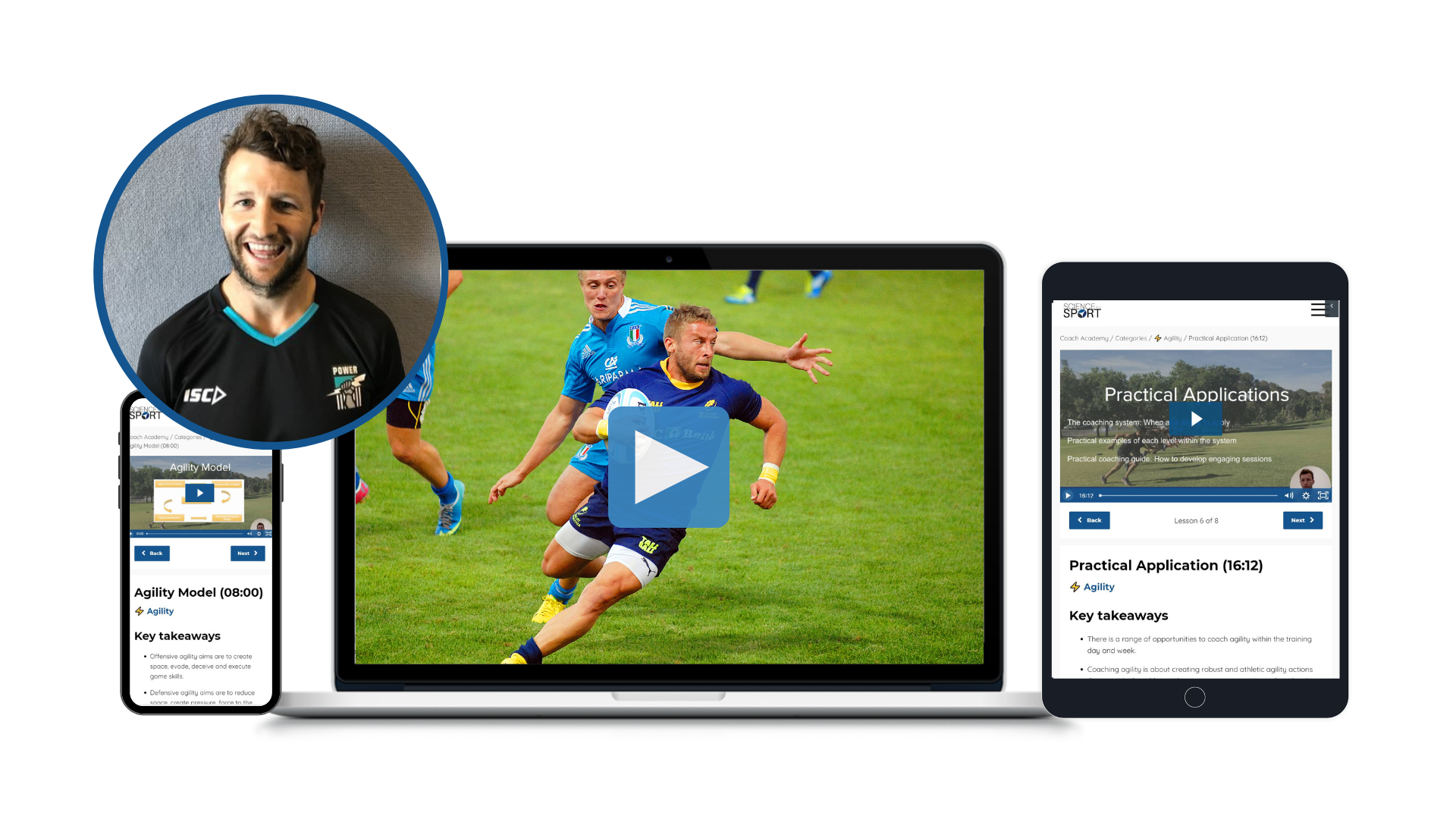Caffeine and sports performance: Should athletes drink that extra cup of coffee?
It seems almost all athletes may potentially benefit from caffeine supplementation, with aerobic sports benefiting most.
Caffeine and sports performance: Is it worth the hype?
Your first sip of that Starbucks Grande caramel oat milk latte on the way to work, that bite of Dairy Milk chocolate at lunch, the ice-cold cola drink with dinner, that warm cup of Earl Grey before bed, and even that cold and flu tablet you take to tackle your blocked sinuses and sore throat in the winter … there is one common ingredient hiding within these drinks, food and medication. Caffeine! Caffeine is everywhere.
With records of its consumption dating back to the 16th century, and an estimated two billion cups of coffee drunk worldwide every day, caffeine is arguably the most widely consumed performance-enhancing drug on the planet. After it was removed from the World Anti-Doping Agency banned list in 2004, its use has been steadily growing across a wide variety of sports including aquatics, athletics, boxing, judo, football, and weightlifting, but the sports found to have the highest concentration of urine caffeine concentrations are cycling, athletics, and rowing.
But what does caffeine actually do, and is it really worth the hype?
The best-known source of caffeine is coffee, although it’s also found in a range of other foods and drinks such as black tea, green tea, dark chocolate, yerba maté and of course added to energy drinks and pre-workout supplements. In its purest form, it can also be taken as tablets, in chewing gum, or even nasal sprays (seriously!). No matter which forms it is consumed in, the effects remain broadly the same.

How does caffeine work?
Before we delve into the nitty-gritty, it’s important that you understand what caffeine is and how it works in the body.
Caffeine is a psychoactive drug, meaning it directly affects the brain. Specifically, caffeine is classed as a stimulant since it increases (or stimulates) the activity of the nervous system and brain. This explains the feelings of wakefulness or alertness that most of us associate with caffeine.
The most studied and well-known of these effects is caffeine’s ability to temporarily block a molecule called adenosine. As we exercise, think, and go about our daily lives, the level of adenosine slowly builds up in the brain, binding onto receptor sites. The more adenosine we have bound onto these sites, the more tired and drowsy we feel, and interestingly, the more susceptible to the pain we are. Where does caffeine come into the story? Caffeine has a very similar structure to adenosine, meaning it can bind to those receptor sites and block adenosine. Less adenosine = less mental tiredness, and less pain. Sounds promising, right?
The second effect is directly within the muscle itself. To make a muscle contraction happen, we need calcium to move around in the muscle fibre. Caffeine is able to make that movement happen faster, so in theory that will help increase the force of any given contraction. Research into this particular effect is strong, but the experiments were mostly done using extracted muscle fibres in Petri dishes. Using this method allows a dose of caffeine to be used that is typically much stronger than what is normally consumed by humans in real life. To this end, we need more research before we can say whether this effect is actually useful in practice.
Fat burning is the third supposed effect of caffeine. Caffeine itself can stimulate the breakdown and release of triglycerides (stored fat), to free fatty acids which can be used as a fuel. If the body is able to use more fats as fuel, it uses less glycogen (the stored form of carbohydrate in muscles) meaning we may have more carbohydrates available for later on during the exercise session, delaying the onset of fatigue. Caffeine also increases the production of a group of hormones known as catecholamines, which include adrenaline. These hormones can also break down triglycerides, leading to more free fatty acids available as fuel. Research on whether or not caffeine increases fat burning to any appreciable degree is conflicting, and even more so when it comes to whether or not it is likely to improve performance. It seems to be very person-specific and may be due to genetics. However, even if there is a benefit for some people, the likelihood is that any fat-burning effects are tiny.
Does caffeine enhance athletic performance?
Yes, although there is a very wide variation in results from almost all trials investigating caffeine.
One meta-analysis (a type of review that pools together all the results of several research studies) using data from 56 different time trials found the percentage difference in performance was up to 15.9%. They also found the effect of the caffeine supplementation was better the longer the duration of the time trial. Given we know caffeine acts directly on systems of fatigue and pain in the brain, it would stand to reason that the longer an athlete has been exercising, the more fatigued they would be and the more pain they are likely to experience, so the greater the effect of the caffeine.
Muscular endurance is particularly important for sports such as rowing and swimming. Although caffeine has been shown to have a positive effect ranging from 6-7% on muscular endurance, other studies have shown no benefits. This is likely due to the difference in methods employed in research designs. Personally, I am a huge fan of caffeine for performance and I use it for endurance-based athletes.
Investigations focusing on caffeine and strength are slightly more clear-cut, with three different meta-analyses all reporting an ergogenic effect of 2-7%. This is likely to be applicable to athletes competing in powerlifting and weightlifting, and these athletes are among some of the highest users of caffeine.
So although most sports could potentially see a performance improvement with caffeine supplementation, it’s likely aerobic sports of longer duration benefit most, followed by aerobic sports of shorter duration, with a smaller effect seen in sports with a high explosive strength component.
The lowest effect seems to be seen in repeated sprint bouts, as would be found in most team sports, for example. But when it comes to team sports, there is a huge element of cognitive ability and mental fatigue, not just the purely physical elements we’ve mentioned so far. Most of the data looking at cognitive ability, fatigue, and caffeine comes from military studies – understandable really, since for those guys and girls, it’s not just about performance but also potentially life or death! The main take-home from those studies is that caffeine is likely to help with concentration and alertness during periods of sleep deprivation and stress. Of the available research translating that into team sport performance, passing accuracy and agility might be slightly improved but the general consensus from the International Society of Sport Nutrition on caffeine and exercise performance is that caffeine would not be more effective than having had a good quality sleep. When that hasn’t been possible for whatever reason, caffeine may help slightly.
Caffeine dosage for performance
As can be seen from all of these results, the effect of caffeine on each person is highly individual and is largely mediated by our genes. Specifically, the gene that codes for the CYP1A2 enzyme – I know, catchy name! Essentially that gene means we either break down caffeine really quickly, so we need a higher dose to have an effect, or it takes ages to break the caffeine down so we need a much lower dose for a large effect. This video explains it all really neatly.
Caffeine doses, timing, and how to take it
The doses of caffeine used in these trials all range from 3-6mg per kilo of the athlete’s weight. There doesn’t seem to be any performance benefit of going above 9mgs per kg, but there are potentially quite a few drawbacks including heightened anxiety, gastrointestinal issues and a rapid, potentially irregular heartbeat.
For a 70kg athlete, 3-6mg per kilo of the athlete’s weight would be 210mgs – 420mgs, which equates to roughly 2.5-5 shots of espresso. However, the amount of caffeine in coffee can vary dramatically, even if you get the coffee from the same place and order the same thing each day. Therefore it’s probably not the most reliable source of pre-training caffeine if you want to be precise about it!
Coffee also comes with its own drawbacks, in that it contains a whole load of other compounds besides the caffeine and can potentially be quite irritating to the gut. Combine that with competition day nerves … and an athlete may find themselves more than a little distracted!
Logistically, it can be a bit of a nightmare for athletes to make sure they find and can consume the coffee at the right moment, and as coffee is usually something we have hot, it’s not always great for summer competitions or trying to drink quickly during a warm-up.
More reliable, easier-to-take sources of caffeine include anhydrous tablets, caffeine chewing gum, pre-workout shots, energy drinks, and caffeine in gels and energy bars. Caffeine can also be taken as mouth rinses and nasal sprays, but the jury is still out as to whether they are as effective. However, as with any supplement, it’s the dose that makes the poison, so athletes need to be careful they are getting the right overall dose – especially if they’re combining different sources.
General guidelines for caffeine suggest taking it about 60 minutes before exercise, as it needs to be digested, absorbed, and pass through the liver before it can start to have an effect on the central nervous system. It usually takes about 20-30 minutes before the effects are noticeable, and about 60 minutes before the blood concentration reaches its peak. Chewing gum tends to be absorbed faster, as it doesn’t need to be digested through the stomach and is instead absorbed through the membranes in the mouth, as described in this article.
Which form of caffeine is best for each athlete can vary enormously, and comes down to things like:
- Is it easily available at the competition, or in the country where the athlete is competing?
- Is it easy to travel with? Liquids can get heavy if an athlete is away for several back-to-back competitions.
- If the athlete is travelling with hand luggage only, can it be taken on the plane?
- Does it contain any other ergogenic aids which the athlete may also be taken separately?
- Is it cost-effective?
- When will the athlete have time to take it before the competition in relation to pre-competition commitments?
- Does the athlete have access to their bag 60 minutes before competition, or is it away in a locker room? In which case would they need to have it in a pocket or similar?
- Is it Informed Sport tested?
‘Me-search’ vs. research
What’s important to remember as we start thinking about putting all this into practice is that a lot of the research carried out is under tightly controlled lab conditions. When we’ve got athletes out competing in a variety of different sports, the situation is rarely that controlled; plus all athletes are different, with different personalities – what works for one may not work for another.
This highlights the importance of what I call ‘me-search’, vs. research, which is the importance of using research as a starting point and then having each athlete try it out, test the effects and tweak the protocol until the greatest performance benefit is found for each individual. Essentially, athletes should conduct their own mini-research studies on themselves.
When working with a new athlete, I always start with the research literature as a base guideline, and then through trial and error during training sessions we figure out what dose works best for them, and then once we’ve got that nailed, we think about which form would be best to take it in, bearing in mind all the factors outlined above.
When deciding what starting dose to use, some of the considerations might be whether:
- The athlete is used to drinking coffee or having caffeine regularly already. If not, we’d start with a lower dose.
- They tend to be anxious or are prone to getting nervous before competitions. If this is the case, a lower dose may be required (i.e. 1-2 mg.kg-1)
- The exact nature of the sport; one of the sports I work in is biathlon where the athletes have to do a cross-country ski race, interspersed with target shooting. The caffeine might help a lot with the ski, but for some athletes, it increases their heart rate and anxiety to the point they can’t shoot straight!
- If it’s possible or not to have a top-up during the race or competition.
The second consideration would be the timing of the dose, and whether to split it into several smaller doses during the course of the event. For longer endurance events such as one-day stage cycling races or long-distance triathlons such as Ironman, the best effects are often found when the caffeine is taken during the later stages of the race. Once the athlete has reached the point of fatigue where their heart rate remains largely stable and refuses to rise when a harder effort, such as a hill climb is needed, is when lots of athletes decide to start using caffeine to help them push through to the end. Triathletes are notorious for downing cans of flat cola during the later stages of races.
Team sport athletes may want to consider consuming three-quarters of the dose of caffeine 60 minutes before the match and a top-up right at the beginning of the half-time break. The top-up would then hit peak levels in the blood (for most people) midway through the second half when many players start to feel the decline in performance due to fatigue.
The last, but by no means least important consideration, would be at what time the match/competition is being held. If the event is to be held later in the day, having a high dose of caffeine is likely to disrupt sleep after the competition. Given that one of the key factors in promoting recovery is good quality sleep if an athlete then has to compete again the next day, it is likely the caffeine will have a detrimental effect on the subsequent performance.

Practical examples of using caffeine for sports performance
As examples of how a caffeine strategy for performance might work in practice, here are two examples of cross-country ski athletes who competed in the Beijing Winter Olympics.
Cross-country endurance skier
The first example is a female athlete who weighs 49 kg. She doesn’t usually drink a lot of coffee and tends to be quite anxious, especially before big races. She competed in two events: the first was a shorter distance, full-throttle race where she wasn’t able to top up with either carbs or caffeine during the race. For that race, she would take:
- 100mgs in tablet form one hour before the race
- 80mgs in a carb gel about 30 minutes before the race, during the warm-up.
Her second race was 30kms and usually takes approximately 1 hour and 20 minutes to complete. She was able to take on more carbohydrates and caffeine at two points during the race, which her coach can hand to her as she’s racing. For this race, she would have:
- 100mgs in tablet form 30 minutes before the race.
- 80mgs in a carb gel after 10kms.
- 80mgs in a carb gel diluted in some water after 20kms.
Note: It’s extremely difficult to consume gels or drinks while cross-country skiing (it can get very messy!) so it is unlikely she was able to ingest the full 80mgs each time.
Cross-country sprint skier
The second athlete is a male weighing 76 kg. He is a very regular coffee drinker, habitually consuming up to five cups a day. He’s a super chilled-out guy, although he does get a bit nervous before the qualification round. He competes in the sprint event which comprises the qualification heats, followed by quarter-finals two hours later, semi-finals 30 minutes after that, and the final 20 minutes after the semis. He will cut down his caffeine intake for three days before the race, but not cut it out completely to avoid any withdrawal effects such as headaches, so he can really feel the effect when he does take the caffeine.
His strategy was as follows:
- No caffeine before the qualification round.
- Can of flat Red Bull (80mgs caffeine) + 100mgs caffeine tablets immediately after qualification up to 65 minutes before the quarter-finals.
- 50mgs in chewing gum 30 minutes before the quarter-finals.
- 80mgs in an energy gel 20 minutes before the quarter-finals.
- 80mgs in an energy gel immediately after the semi-finals.
A word of warning before using caffeine for sports performance
Please be aware if you or your athlete are considering the use of caffeine, make sure you safely follow evidence-based guidelines. Even better, work with a professional nutritionist/dietician to support you through the process.
[optin-monster slug=”nhpxak0baeqvjdeila6a”]




